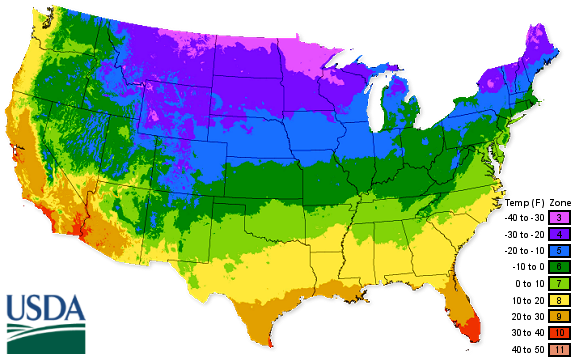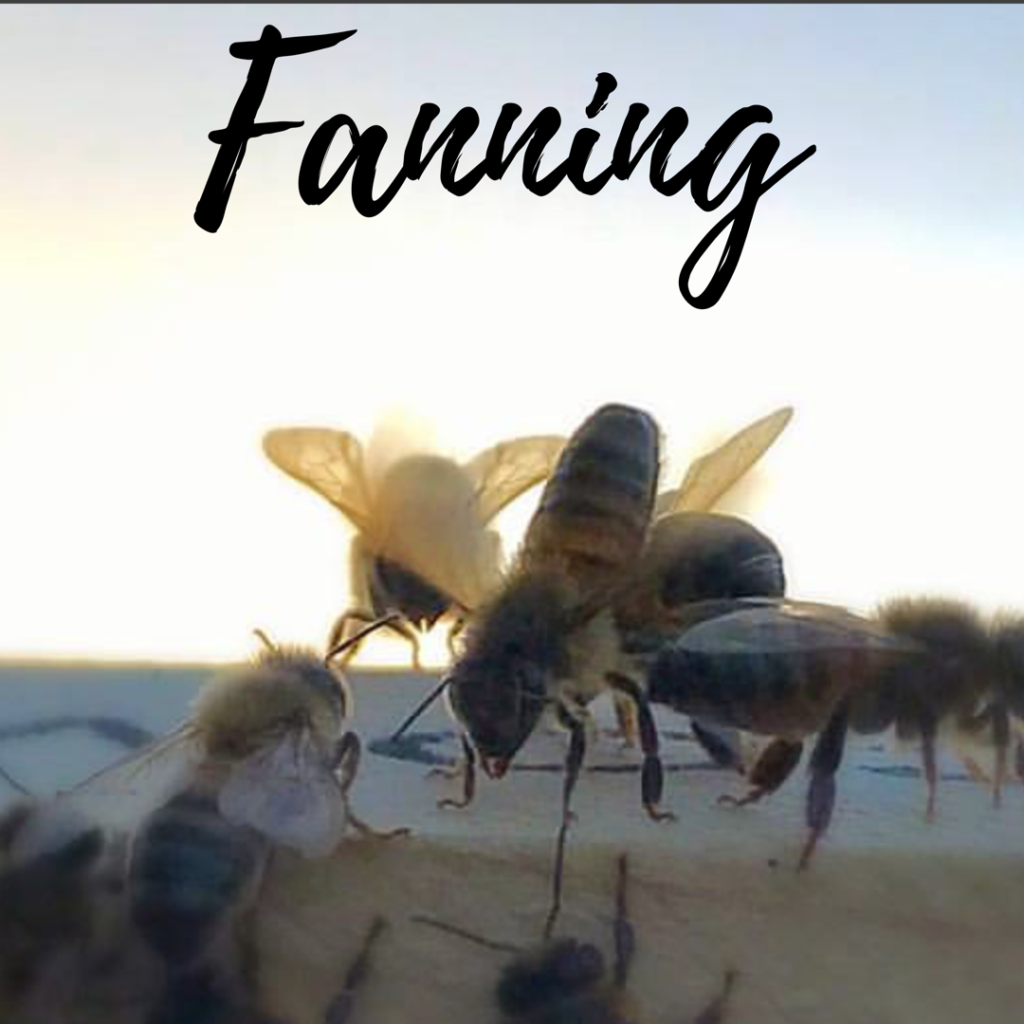How much sun does your beehive need?
Seems like one of those basic questions that you’d think the beekeeping world would have solved by now.
But like most topics in beekeeping, everyone has their own opinion. Some of which can contradict each other.
But there is one thing all beekeepers agree on.
We all agree that what’s right for your neck of the woods might not be right for someone else’s.
Here, take a look at this map:

As a broad-stroke instruction it would be best to consider what USDA zone you are in.
Yes, we know that this map is usually for figuring out which plants would be best in your area. But, it turns out it can also help you understand how much sun your bees might want to receive.
Looking at the map, we’d say if you’re in zones 1 through 6, you are going to want to keep your bees in full sun.
Your climate just gets too cold in the early spring, late autumn, and winter for anything else.
Bees start clustering at 57 degrees, so having full sun in the winter is crucial.
The colder it is, the longer it takes for your bees to get ready in the morning. Bees need to get the inner hive to about 95 degrees before the worker bees are released from their heating duties.
This is why morning sun is agreed upon by all beekeepers.
If you’re in zones 7-11, we’d say you’re going to want to have a little bit of shade (if possible) in the afternoon.
Otherwise, your bees are going to spend some time fanning the heat out. Check out the picture to the right to see what fanning looks like.
With regards to the evening sun. The longer your girls are in the sun, the longer they keep working.
If you don’t have the evening sun hitting your hives, they’ll stop working earlier than if you did.
The longer they work, the more honey they’ll produce.
All beekeepers agree that both morning and evening sun have benefits to the hive.
The thing that varies is if you should have dappled sun or full sun in the afternoon.
For zones 1 – 6, you want full sun. For 7 – 11, you could have full sun or partial sun.
If your land is limited, and you have to choose between morning and evening sun. Beekeepers agree that morning sun is more important.
Most beekeepers would agree that their beehives that they placed in the full sun are more productive than their shaded hives.
There is also a widely talked about conversation about the reduction of small hive beetles, mold, diseases, and other pests that full sun can prevent.
In the end, the bees don’t really mind the heat. Remember they have to maintain at least 95 degrees all day long. Otherwise their brood start dying.

